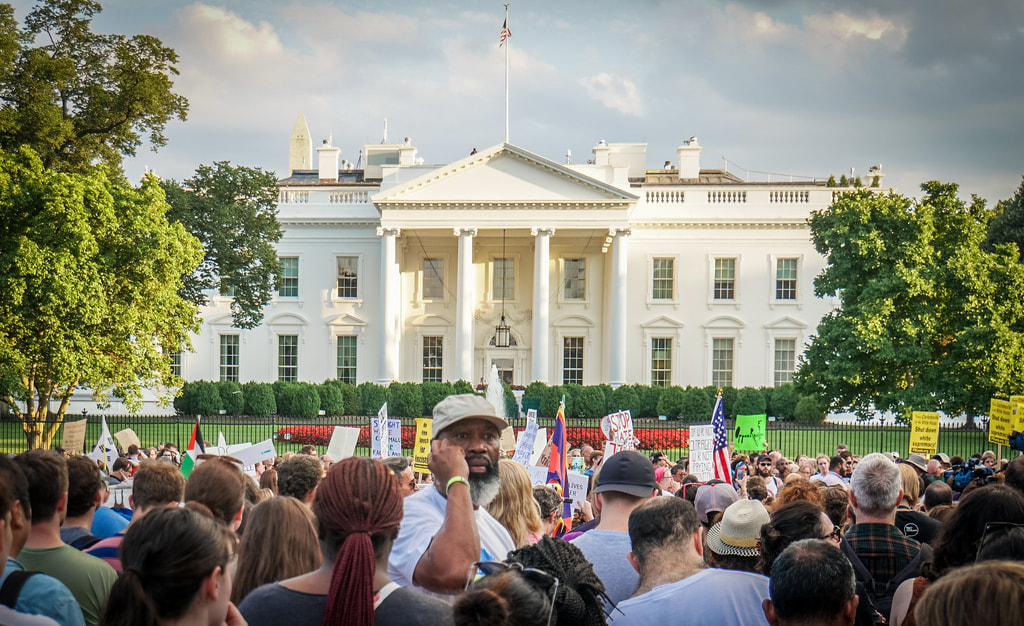| Connecticut just became the latest state to decide it wants to surrender its electoral votes in favor of whichever future presidential candidate wins the nationwide popular vote. Utah should be offended by this move, which now includes 11 states, totaling 172 electoral votes. If it succeeds — that is, if enough states totaling at least 270 electoral votes sign on — it would make Utah even less relevant than it currently is in national |
| | politics. But Connecticut voters should be offended, as well. That state regularly votes for the Democrat. If a future Republican candidate wins the popular vote everywhere else, Connecticut’s majority wouldn’t count. The state officially would be listed as having voted Republican. This scheme also signals that one of the chief points of contention among the nation’s founders remains just as hot more than two centuries later. They argued over how residents of small states should be allowed to govern themselves just as freely as those of large states. Americans still choke on that concept, obviously. The plan the founders devised — a republican government based on federalism, or the balance of power between a central government and its many states — allows the needs and concerns of minorities to be heard. But here is what USA Today quoted Connecticut Gov. Dannel P. Malloy as saying before signing onto this popular-vote plan: “The vote of every American citizen should count equally, yet under the current system, voters from sparsely populated states are awarded significantly more power than those from states like Connecticut.” Which puts us all right back in Philadelphia, sometime in 1787 before the founders came up with the Electoral College, which Alexander Hamilton, of modern Broadway fame, said was not perfect but was “at least excellent.” I’ll admit that two of the last five presidential elections ended in ways that appear, outwardly at least, far less than excellent. Both George W. Bush, in 2000, and Donald Trump, in 2016, won the Electoral College despite receiving fewer overall votes than their opponents. In Trump’s case, the margin was almost 3 million votes. That presents a crisis in the minds of many. The person who won did not receive the most votes. But that is not so much different than in 1992, when Bill Clinton won despite receiving a scant 43 percent of the votes cast. That’s not quite the same as finishing second, but it still means most people voted for someone else. Nor would it be much different from a popular vote being split among three or more candidates, requiring a runoff that leads to coalitions. In a 2004 essay for the Heritage Foundation, Electoral College advocate Tara Ross argued that turning presidential races into national popular votes inevitably would lead to a proliferation of candidates. “A majority, after all, will never agree on an ideal candidate. Given an open choice, individuals would fracture their votes across many candidates. Runoffs would proliferate, and presidents would essentially be elected by the initial 20 or 25 percent of voters who got them into the runoff,” she said. Democracy can be a tricky business. Utah, a small and politically predictable state, got a small taste in 2016 of what it means to be in play under the Electoral College. When it was uncertain whether Trump would win here, candidates suddenly showed up in search of our six electoral votes. Under a popular vote system, that wouldn’t happen no matter how much of a tossup the state became. Candidates’ time would be far better spent in the nation’s major population centers, where the most votes might be obtained. That means no one would be forced to pay attention to the needs or concerns of small states. But there is one, bigger reason to oppose this. It’s an end around the established public process. If states want to get rid of the Electoral College, they should do so the legitimate way – by amending the Constitution. But they don’t have the support for that. Neither, by the way, do they have support for this plan. Every state that has made the pledge is solidly on the Democratic side of the ledger. States that typically are known as tossups have no incentive to join. Why give up all the attention they’ve been getting? Republican states, likewise, are not likely to join, especially considering Republicans benefitted in 2000 and ’16. Hamilton’s pronouncement of the Electoral College as “excellent” didn’t merit a Broadway song, but it’s long run is bound to continue. |


 RSS Feed
RSS Feed

